Exotericam Xekiae disciplinam describunt Le Comte, La Loubere, Bernier, maxime vero Kaempferus, ex quorum narrationibus constat, ita hunc Indorum legislatorem ad populum praecepisse: (...) II. Animas homimum et brutorum esse immortales eiusdemque substantiae, et tantum ratione subiectorum, quibus insunt, differe. III. Animas hominum, a corporibus morte separatas, vel praemia accipere vitae bene actae, in sede felicitatis, vel poenas experiri in loco miseriarum. (...) IX. Homines omnes, et seculares et ecclesiasticos vitae iniquitate et actionum perversitate indignos factos vita beata, missum iri post mortem in locum miseriae, Dsigokf, ubi in carcere tormentorum cruciatus patientur, non tamen aeternos, sed ad certum tamen tempus licet indeterminatum. (...) X. Praesidem carceris squalidi et miseri, iudicemque esse Iemma O, qui actiones hominum omnes examinet, et in speculo cognitionis exploret. (...) XIII. Expiatis hunc in modum animis, remitti eas ex sententia praesidis infernalis in mundum, ut iterum corpora animent; ast non humana, sed animalia immundorum, quorum natura cum vitiis illis conspiret, quibus in mundo infectae erant.
The exoteric doctrine of the Xekia [i.e. the Buddha] is described by Le Comte, La Loubere, Bernier, and especially Kaempfer, from whose accounts it can be seen that the legislator of the Indies passed down the following precepts to the people: (...) II. The souls of men and beasts are immortal and of the same substance, and differ only according to the subjects in which they are placed. III. Men's souls, having been separated from their bodies at the moment of death, are either rewarded in an abode of bliss for having led a good life or are punished in a place of torments. (...) IX. All men, both laymen and clerics, who through an iniquitous life and evil deeds have made themselves unworthy of the life of bliss are sent after their death to a place of misery, called Dsigokf, where they are imprisoned and endure torments, which are not eternal, but last for an undetermined time. (...) X. The governor and judge of this foul and wretched prison is Jemma O, who weighs men's deeds and searches them out in the mirror of knowledge. (...) XIII. The souls having thus been cleansed, by the judgement of the infernal governor they are sent back into the world to become the souls of new bodies, not human ones, but those of unclean beasts, whose nature is in keeping with the sins with which they were tainted during their worldly life.
Jacob Brucker, Historia critica philosophiae, De Philosophia exotica, De Philosophia gentium asiaticarum in genere, vol. 4.1, lib. 3, cap. 1 (Lepizig, 1766)
The exoteric doctrine of the Xekia [i.e. the Buddha] is described by Le Comte, La Loubere, Bernier, and especially Kaempfer, from whose accounts it can be seen that the legislator of the Indies passed down the following precepts to the people: (...) II. The souls of men and beasts are immortal and of the same substance, and differ only according to the subjects in which they are placed. III. Men's souls, having been separated from their bodies at the moment of death, are either rewarded in an abode of bliss for having led a good life or are punished in a place of torments. (...) IX. All men, both laymen and clerics, who through an iniquitous life and evil deeds have made themselves unworthy of the life of bliss are sent after their death to a place of misery, called Dsigokf, where they are imprisoned and endure torments, which are not eternal, but last for an undetermined time. (...) X. The governor and judge of this foul and wretched prison is Jemma O, who weighs men's deeds and searches them out in the mirror of knowledge. (...) XIII. The souls having thus been cleansed, by the judgement of the infernal governor they are sent back into the world to become the souls of new bodies, not human ones, but those of unclean beasts, whose nature is in keeping with the sins with which they were tainted during their worldly life.


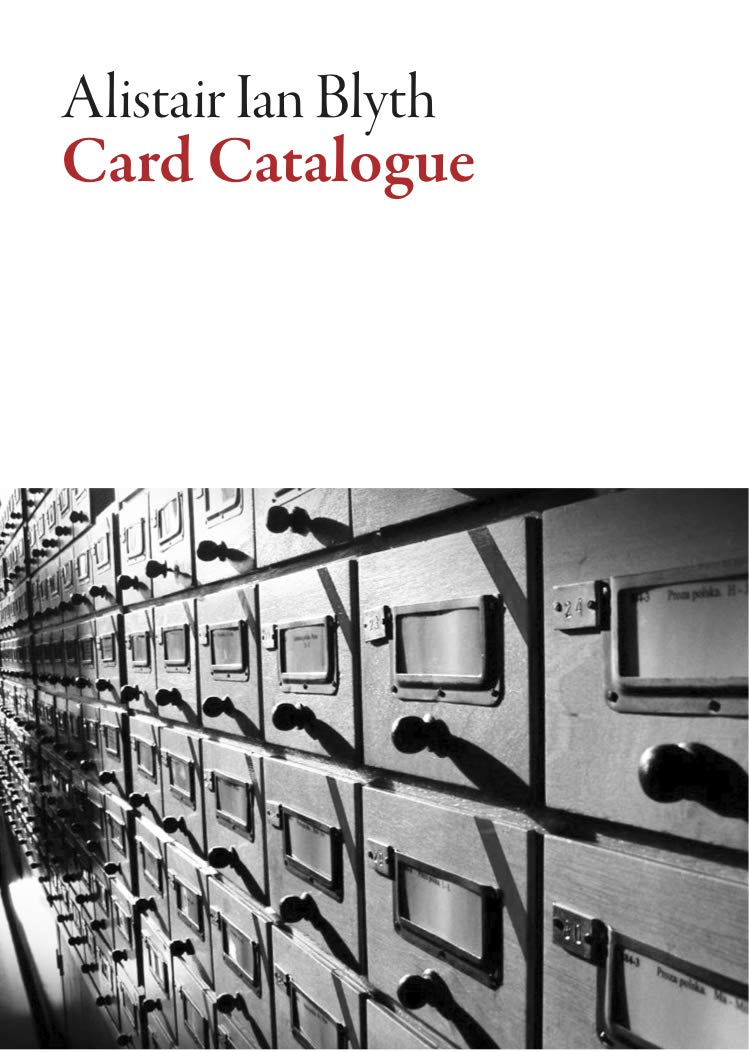
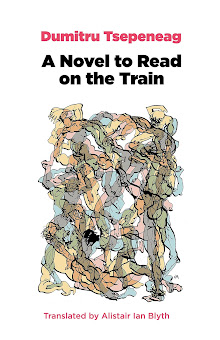
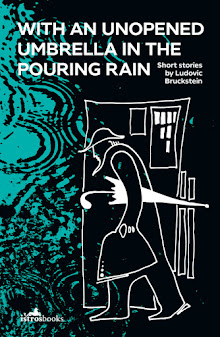
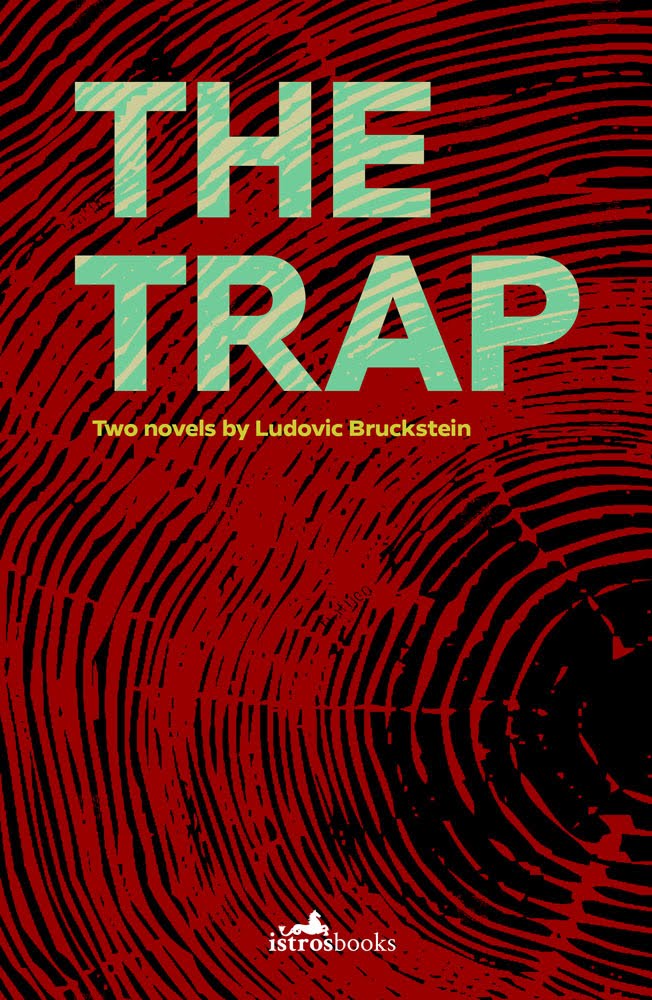
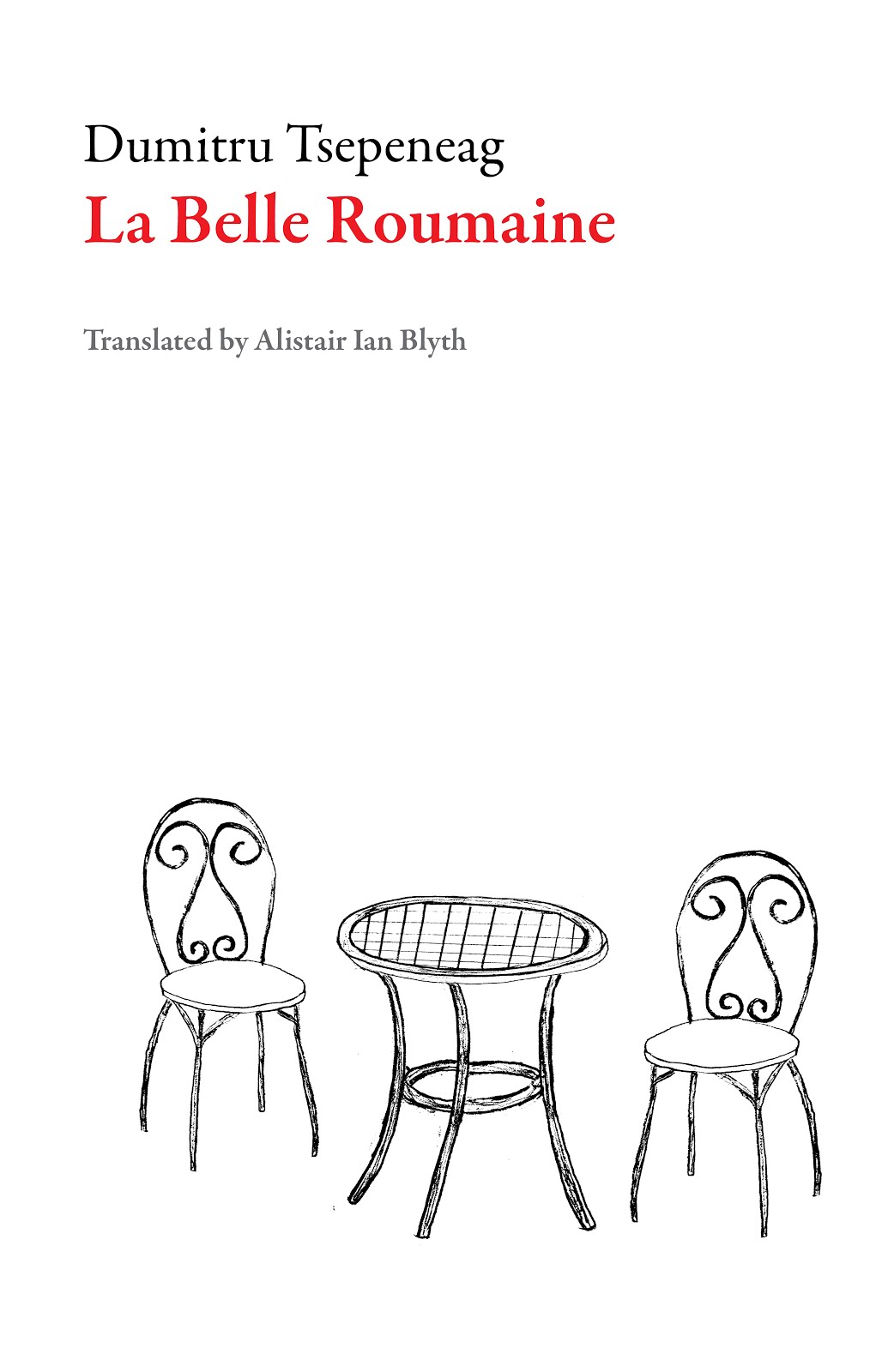
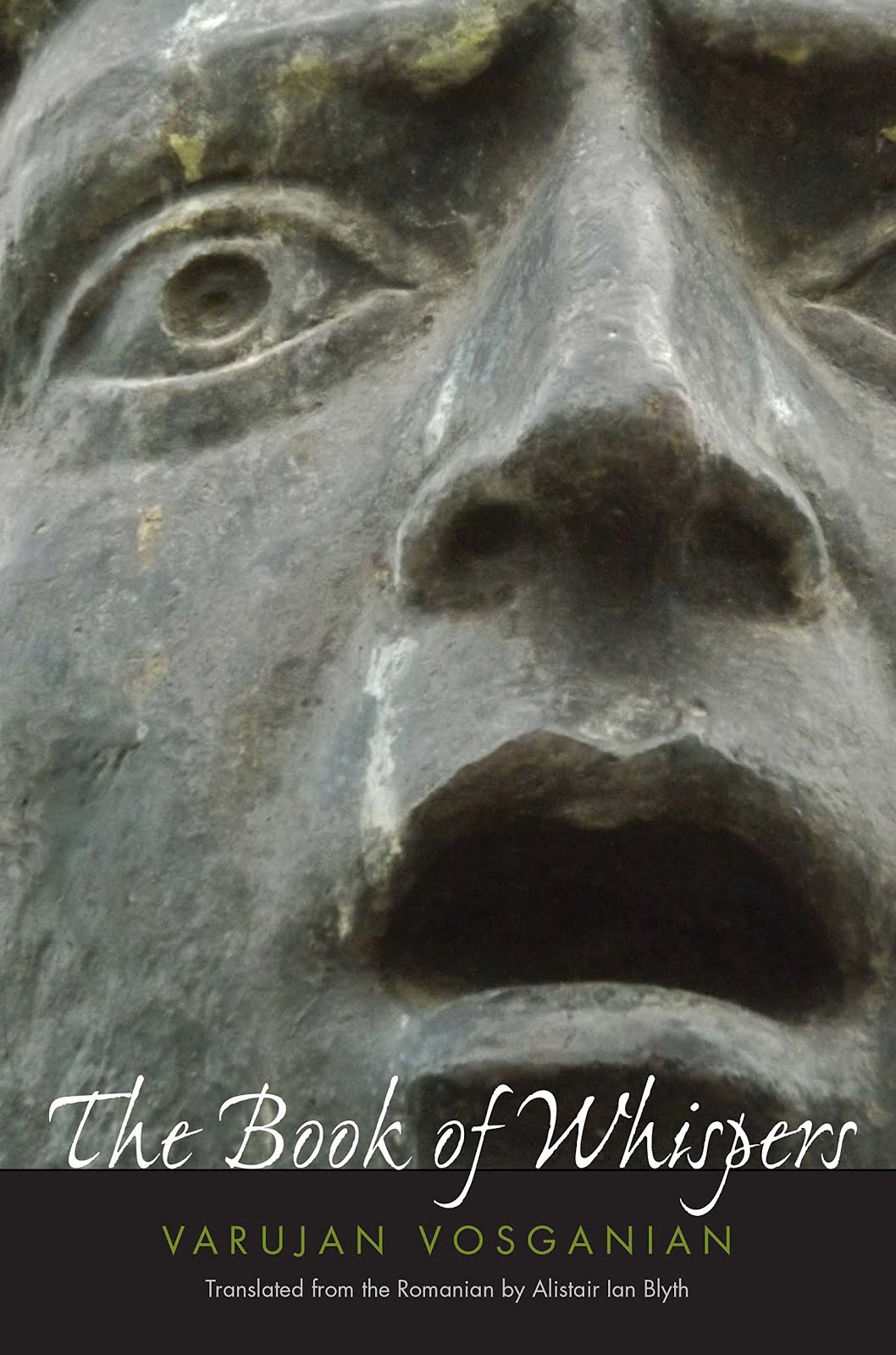
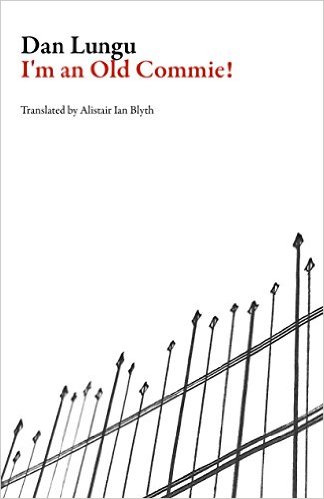


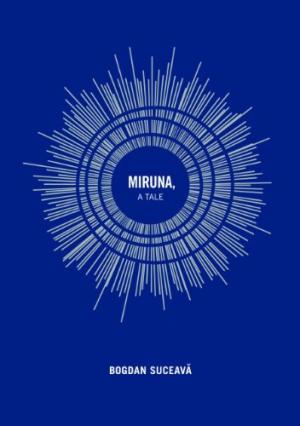

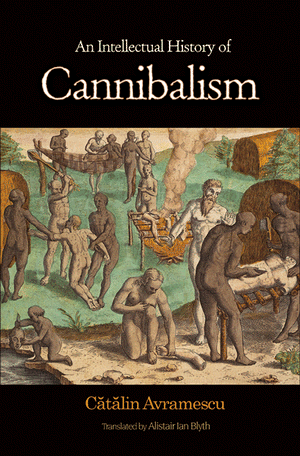
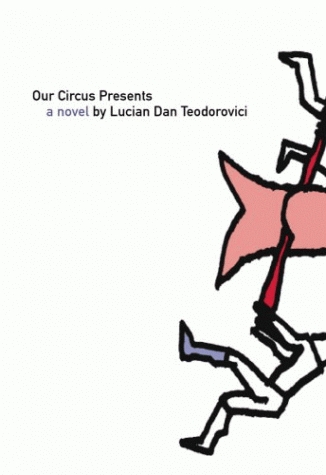
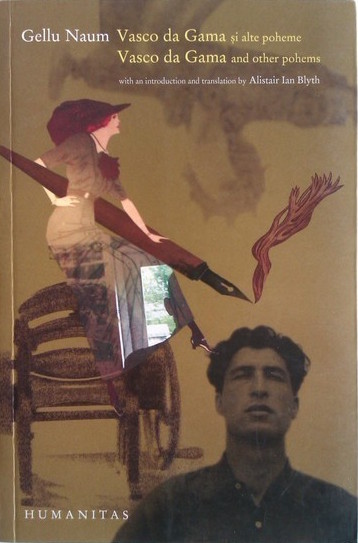





No comments:
Post a Comment